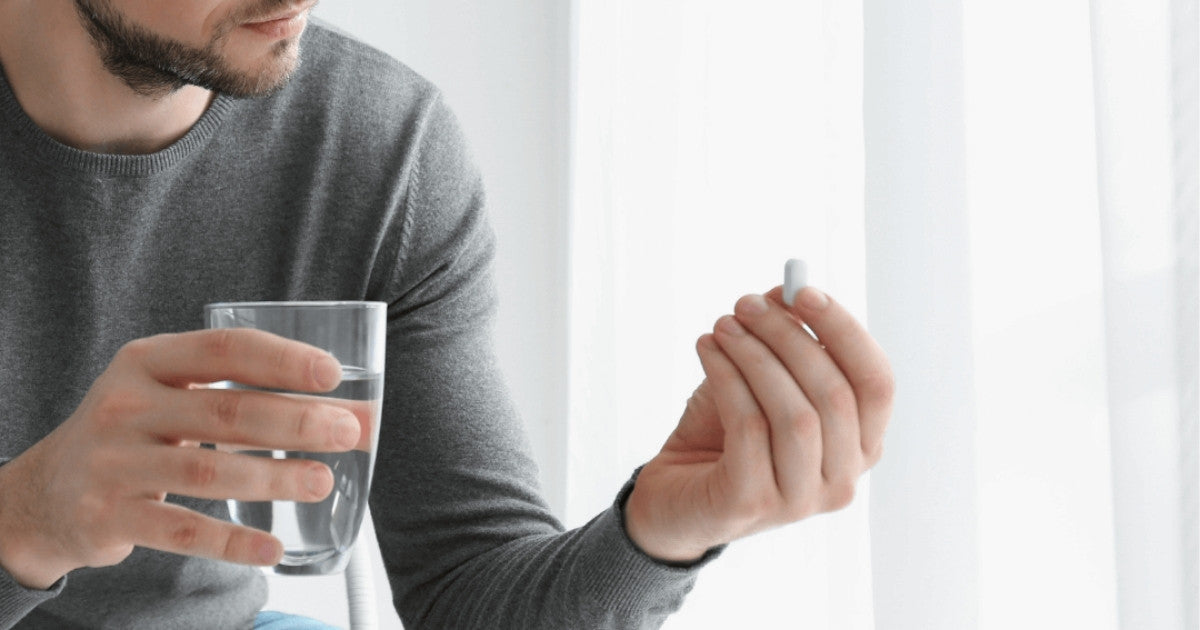What Are NSAIDs?
NSAIDs (non-steroidal anti-inflammatory drugs) are a class of medications commonly used to relieve pain and reduce inflammation. They include over-the-counter drugs like aspirin, ibuprofen, and naproxen, as well as prescription drugs like Celecoxib and Diclofenac. NSAIDs work by inhibiting the activity of enzymes called cyclooxygenases (COX), which are involved in the production of prostaglandins — chemicals that promote pain, swelling, and fever. By blocking COX, NSAIDs reduce the production of prostaglandins, thus providing relief from symptoms.
Risks and Side Effects of NSAIDs
Gastrointestinal Effects
NSAIDs can cause stomach and intestinal problems like heartburn, nausea, and bleeding. The risk increases with age, history of GI disease, and high doses or prolonged use of NSAIDs. A meta-analysis of 754 randomized controlled trials involving over 350,000 participants showed that the use of NSAIDs was associated with a significantly higher risk of upper GI complications, such as bleeding, perforation, and obstruction, compared to placebo or other treatments. To reduce this risk, use the lowest effective dose for the shortest possible time, avoid combining NSAIDs with other drugs that can increase the risk, and consider treatments that are not reliant on chemical intervention such as LUMINAS Electroceutical Patches.
Cardiovascular Effects
NSAIDs can increase the risk of cardiovascular events such as heart attack and stroke, particularly in people with a history of cardiovascular diseases or risk factors like high blood pressure, diabetes, obesity, or smoking. The mechanism behind this risk may involve the inhibition of COX-2, which produces prostacyclin that dilates blood vessels and prevents blood clots. To minimize the risk, use the lowest effective dose for the shortest possible time, avoid COX-2 inhibitors, and consider alternative treatments such as natural remedies and topical creams.
Renal Effects
NSAIDs can harm the kidneys by reducing blood flow and interfering with electrolyte and fluid regulation. A review of over 94,000 participants found that NSAID use increased the risk of kidney damage and disease, especially with higher doses, longer use, and certain NSAIDs like diclofenac and ibuprofen. To lower this risk, use the lowest effective dose for the shortest time, avoid multiple NSAIDs or combining with certain drugs, and consider other treatments like acetaminophen or Physical therapy uses exercise, manual techniques, and modalities like heat, cold, or ultrasound to improve mobility, strength, and function, and reduce pain and inflammation. It may be especially useful for chronic pain conditions, such as chronic low back pain, knee osteoarthritis, or fibromyalgia.
Acupuncture
Acupuncture is a type of traditional Chinese medicine that involves the insertion of thin needles into specific points of the body to restore the balance of energy and promote healing. It may be especially useful for chronic pain conditions, such as migraine, neck pain, or osteoarthritis.
LUMINAS Electroceutical Relief Patches
LUMINAS Relief Patches can help relieve aches and pains by being imprinted with electrons that work naturally with your body’s own electric field. They support the body to reduce inflammation and relieve pain, with significant results seen over time. The patches are clinically proven, drug-free, and safe for all ages.
Conclusion
NSAIDs are effective drugs for relieving pain, reducing inflammation, and lowering fever, but they are not without risks and side effects, especially if used for a long time or in high doses. It is important to weigh the benefits and risks of NSAIDs before using them chronically and to consider alternative treatments that may be safer and more effective in the long run. Always consult with a healthcare professional before starting any new medication or treatment. Healthier alternatives are just within reach and LUMINAS Electroceutical Patches can help reduce pain and inflammation significantly without the use of drugs or chemicals!



Share:
5 Cold Therapy Recovery Benefits
Improve Your Posture and Manage Pain